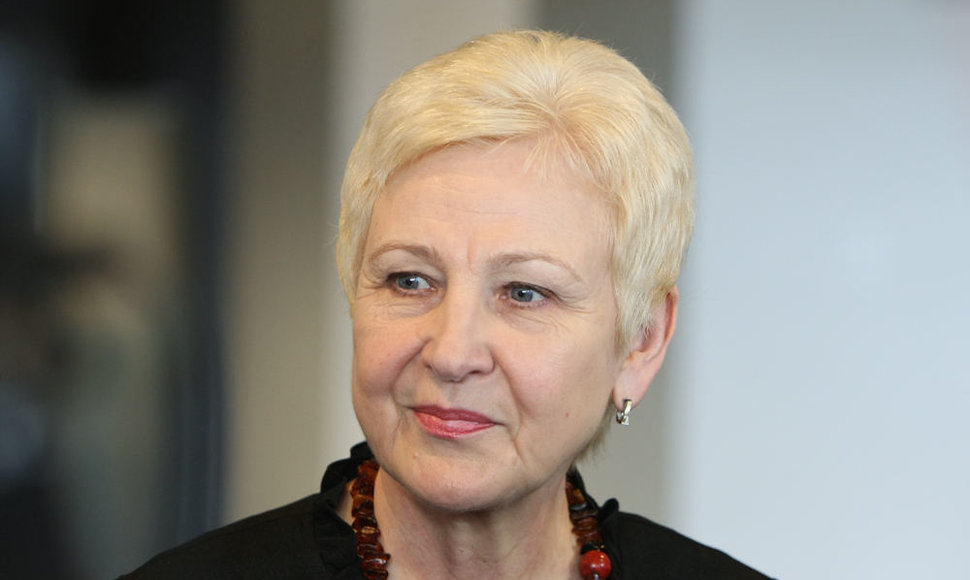Degutienė said safety of nuclear power plants constructed near the European Union's external borders should attract attention of the entire international community. Lithuania has criticized the construction of nuclear power plants planned in Russia's Kaliningrad and Belarus.
"The lack of attention from the international community creates conditions for the construction of unsafe nuclear power plants near EU borders. Therefore, the EU should find a way to encourage neighboring countries to cooperate more closely on nuclear safety issues. Perhaps one of potential measures would be to consider restricting energy imports from third countries if they fail to comply with international nuclear safety standards," Degutienė, attending an annual conference of parliament speakers of the Nordic and Baltic countries, was quoted in a statement.
Rosatom has revealed it would give only a two-year warranty to the Belorussian nuclear power plant, as if it were a fridge or a TV.
The speaker emphasized that nuclear safety is a cross-border challenge and the issue of nuclear power plants in Kaliningrad and Belarus could not be only Lithuania's problem.
"Nuclear safety standards cannot be American, European, Japanese, or Russian. They are universal," she said.
Degutienė reminded that neither Russia, nor Belarus have provided environmental impact assessments of the planned nuclear facilities. In her words, the ongoing communication with the two countries regarding environmental impact assessment and procedures stipulated in international conventions is a waste of time as no answers are received.
"It is concealed very often that both plants are being build by Russian state company Rosatom which plans to install reactors that have not been tested in practice before," the Seimas speaker said.
She believes that not only Lithuania but all countries in the region and all EU member states should be concerned about these facts.
"It is also worrying that Russia will be responsible for the safety of the Belorussian plant, and Rosatom has revealed it would give only a two-year warranty to the Belorussian nuclear power plant, as if it were a fridge or a TV," Degutienė said.
She also drew attention to the fact water from Lithuania's two largest rivers would be used to cool both nuclear plants. Water will later flow into the Baltic Sea washing the shores of almost all the Nordic and Baltic countries. Nuclear waste will be also transported by sea.
Parliament speakers of the Nordic and Baltic countries are also discussing ways of dealing with economic and financial issues, parliamentary control, EU common foreign, security and defense policies and EU-Belorussian relations.












